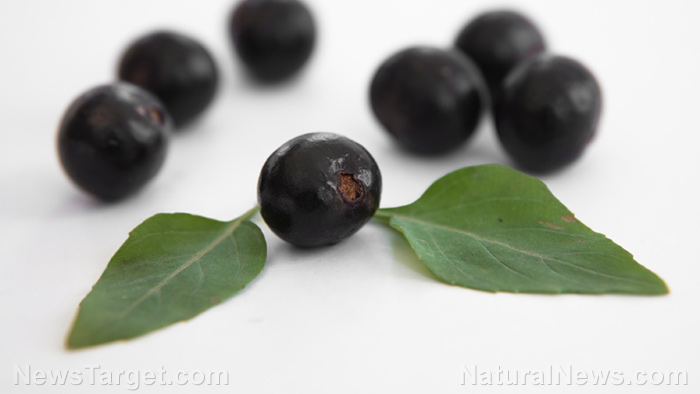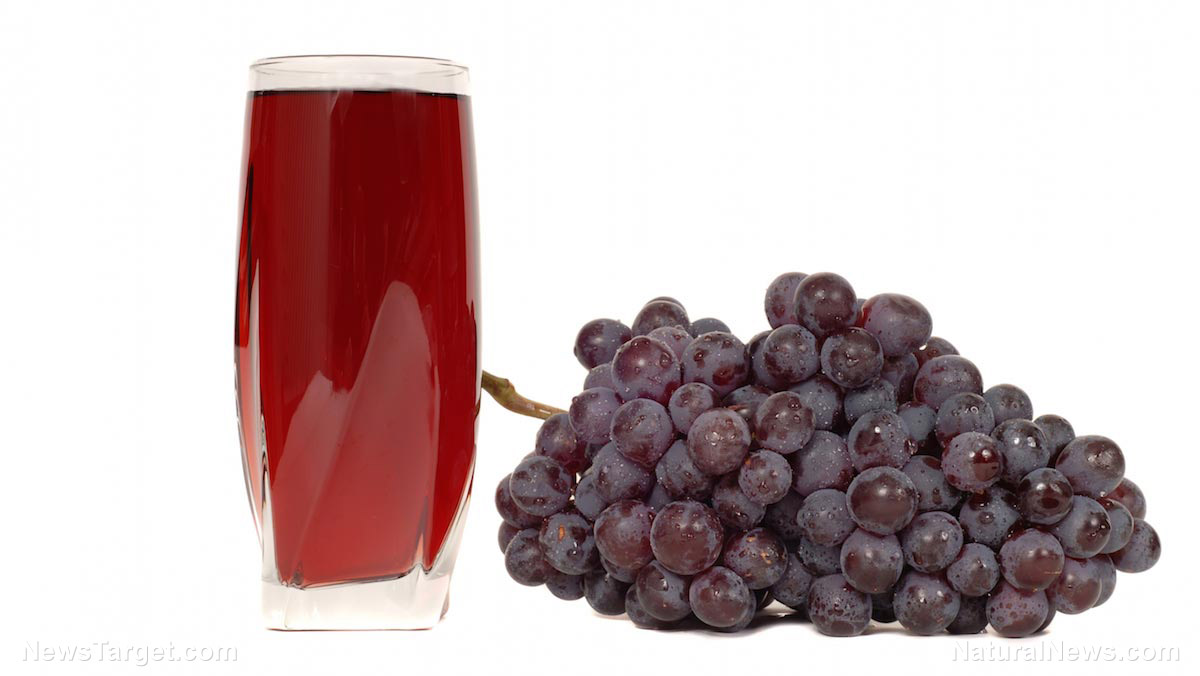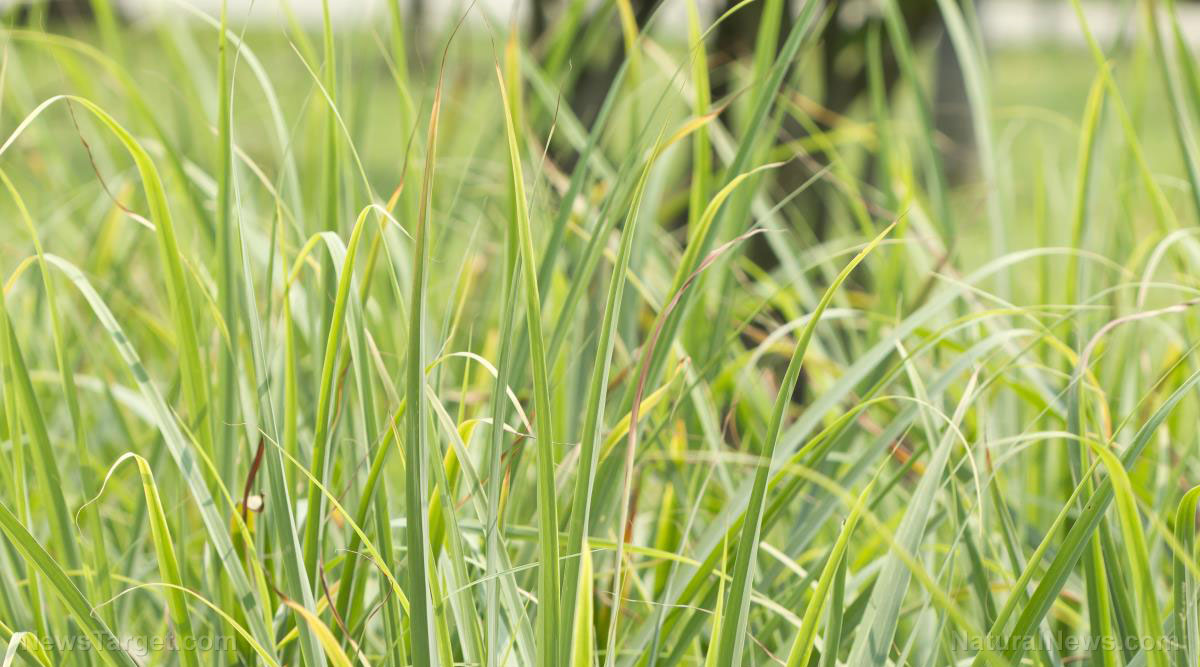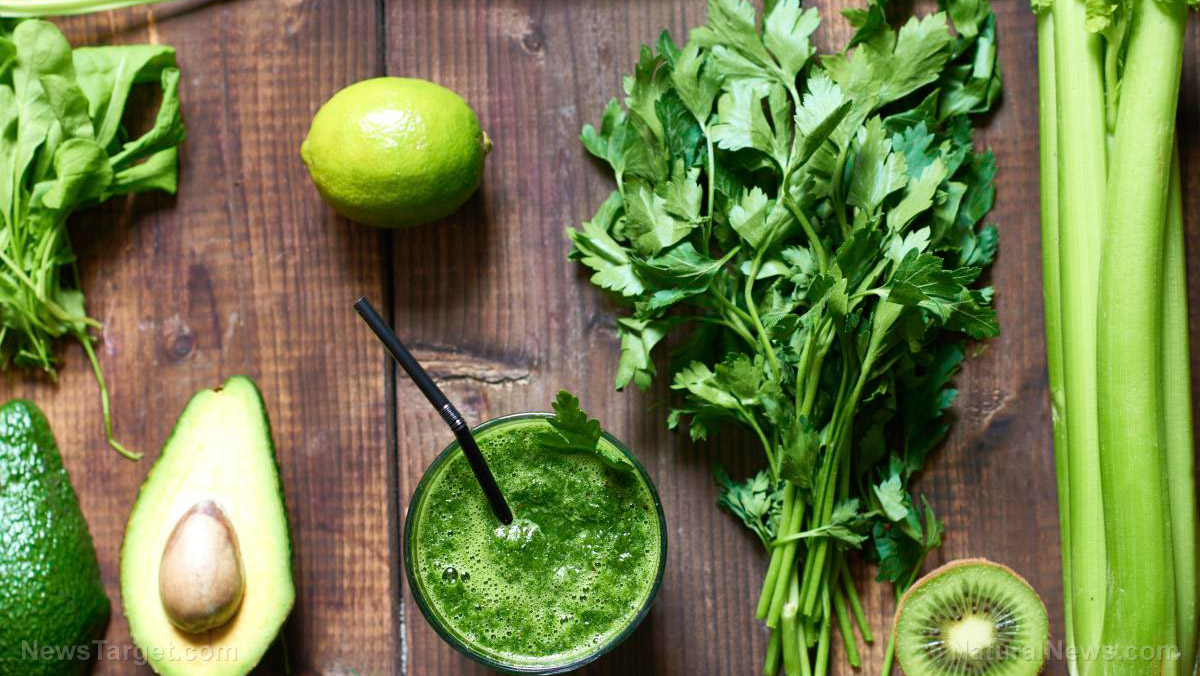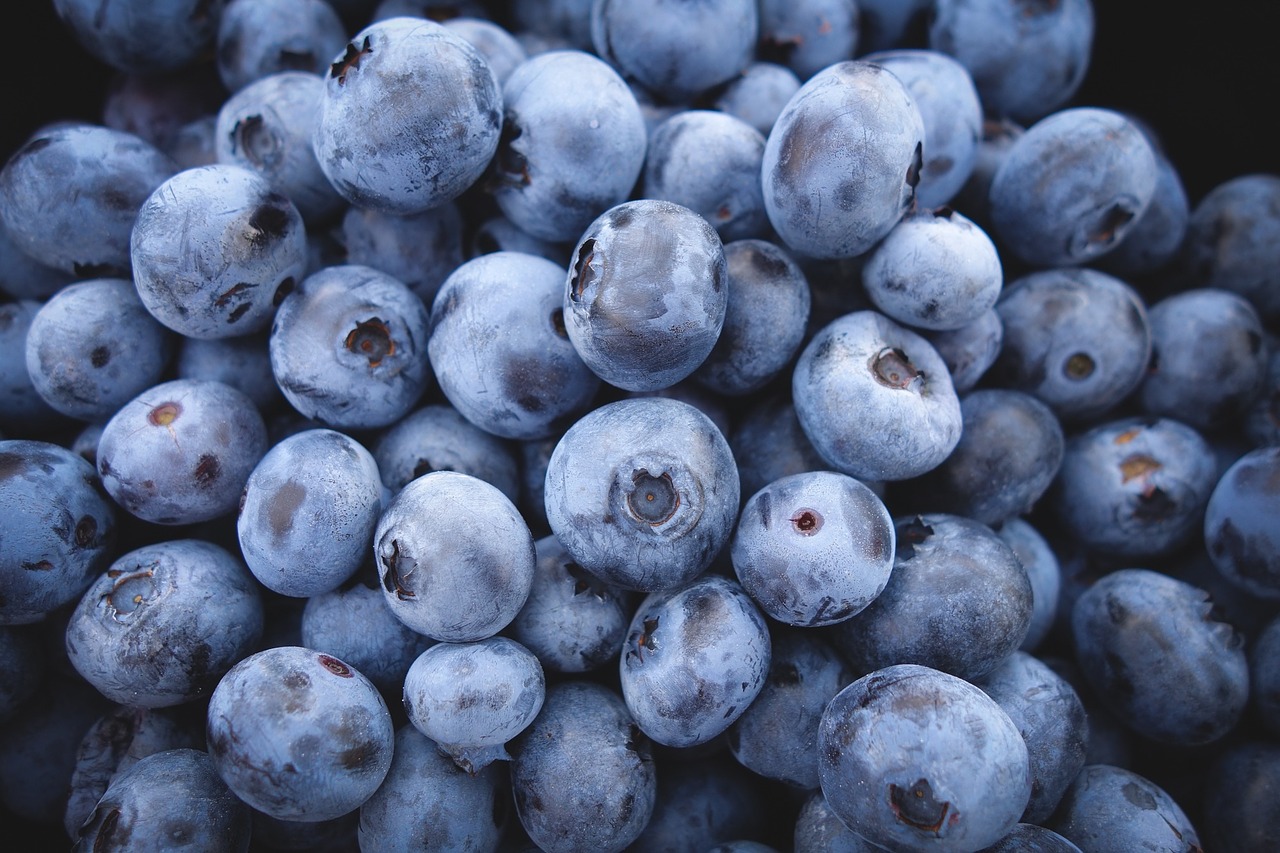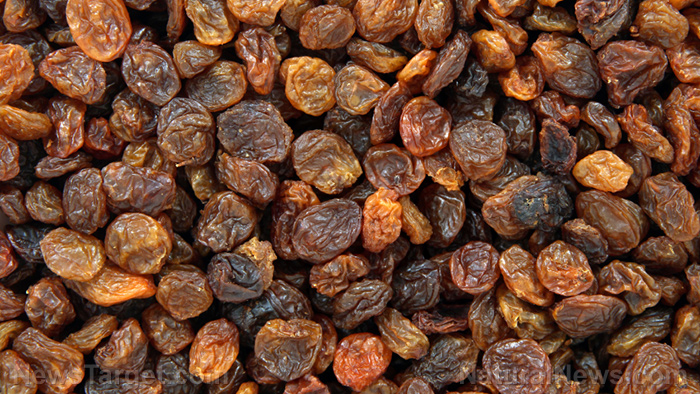Green tea found to have practical antioxidant applications for preserving stored food
11/22/2019 / By Melissa Smith
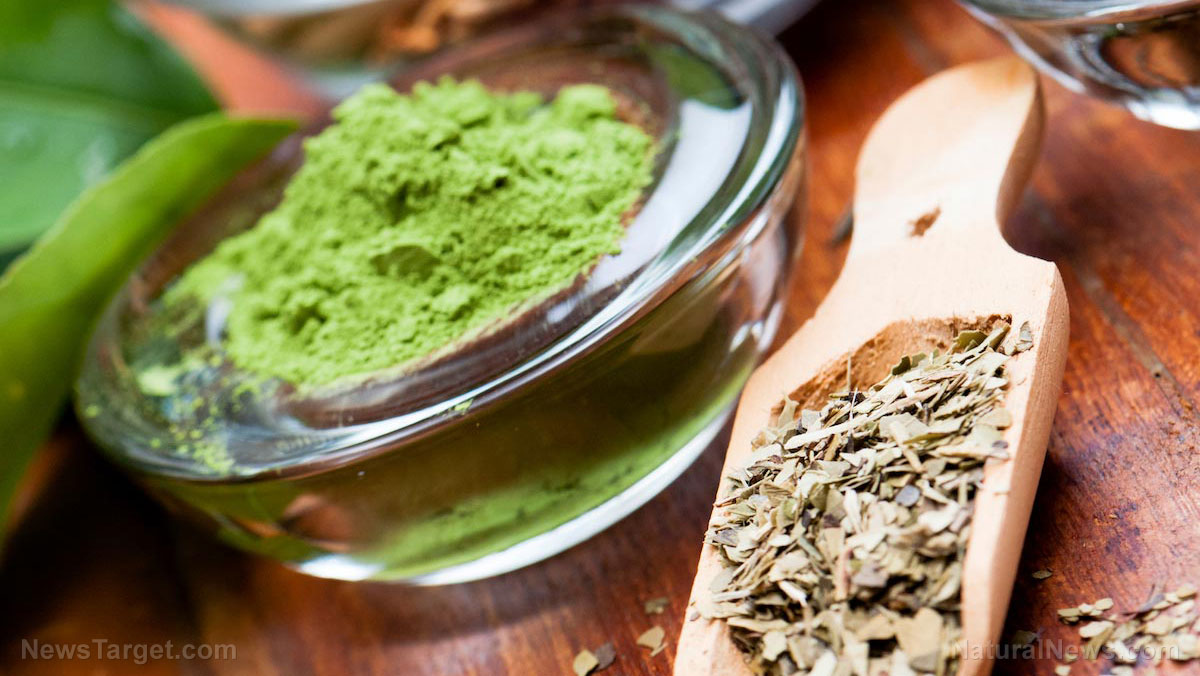
Many food companies today use synthetic antioxidants to preserve food. While these can prevent or delay lipid oxidation — the leading cause of chemical degradation in foods, these can be harmful to human health. For this reason, researchers from the State University of Maringa in Brazil looked at the potential use of green tea, a natural antioxidant, to be used as a natural substitute for synthetic antioxidants.
Lipid oxidation reduces the commercial shelf-life of food products – affecting their color, flavor, and texture, as well as decreasing the nutritional quality of food – all of which reduce the acceptability by consumers leading them to reject the product.
In their study, the research team examined the antioxidant potential of freeze-dried green tea in hamburgers. They treated hamburgers with a placebo, butylhydroxytoluene (BHT), and three different levels of freeze-dried green tea (0.01, 0.02, and 0.04 percent, respectively).
They assessed the freeze-dried green tea’s effect on the quality characteristics of hamburgers, in particular, on composition, color, texture, pH, microorganisms, and sensory acceptance. They also evaluated the total polyphenol, flavonoid content, and antioxidant activity of each hamburger.
The results showed that treatment with freeze-dried green tea increased the gallic acid and quercetin content of hamburgers. Hamburgers treated with freeze-dried green tea also exhibited higher antioxidant activity. In addition, the treatment did not affect the moisture, protein, lipid, ashes, calories, microorganism counts, and shear force of hamburger.
While it did affect the color of the hamburger, the freeze-dried green tea did not affect its sensory acceptability. The team also found that freeze-dried green tea was more efficient in fighting lipid oxidation in hamburgers than the synthetic antioxidant BHT.
Taken together, these results indicate that green tea can potentially be used as a substitute for synthetic antioxidants to inhibit lipid oxidation in foods. The team published their findings in the Journal of Food Processing and Preservation.
Green tea and its other benefits
Native to China and India, green tea has been consumed and praised for its health benefits for centuries. Green tea and its derivatives are brewed from the dried leaves of the Camellia sinensis bush. What makes each type unique is its level of oxidation.
Green tea is made from unoxidized leaves and is among the least processed types of tea. It contains the most antioxidants and beneficial polyphenols. However, only about 20 percent of tea consumed globally is green. The rest is black tea. If you are not yet convinced of how healthy green tea is, here are some more of its health benefits:
- Preventing cancer – The polyphenols in tea can reduce tumor growth based on laboratory and animal studies. Moreover, cancer rates tend to be lower in countries where green tea consumption is high. Researchers believe that the high polyphenol content of green tea greatly contributes to killing cancerous cells and stopping them from growing. (Related: Green tea intake may reduce the risk of gynecologic cancers.)
- Supporting heart health – Green tea consumption may also help keep the heart healthy and prevent heart problems. The heart health benefits of green tea may be attributed to its catechin content. Catechins are flavanols that act as antioxidants in the body. They are thought to protect against diseases like cardiovascular disease and hypertension.
- Treating skin diseases – Green tea holds promise as a natural treatment for skin problems, such as psoriasis and dandruff. Studies have shown that green tea can fight inflammation and the overproduction of skin cells in inflammatory skin diseases.
Green tea is considered one of the healthiest drinks worldwide. While bottled green tea is available, it is always best to consume freshly brewed teas. You can also find green tea in supplements sold in capsule form or liquid extracts.
Sources include:
Tagged Under: antioxidants, food industry, Food Preservation, food processing, food safety, food science, Food storage, functional food, Green tea, natural health, preservatives, research, stored food
RECENT NEWS & ARTICLES
Antioxidants.News is a fact-based public education website published by Antioxidants News Features, LLC.
All content copyright © 2018 by Antioxidants News Features, LLC.
Contact Us with Tips or Corrections
All trademarks, registered trademarks and servicemarks mentioned on this site are the property of their respective owners.


